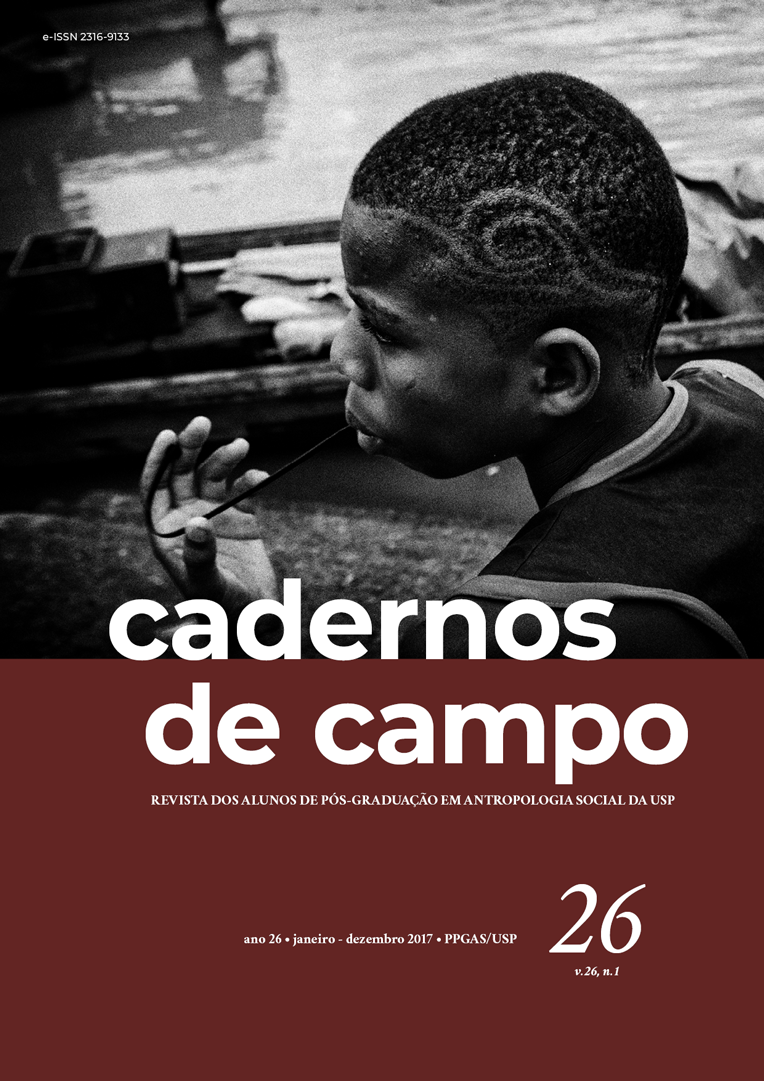Fieldwork, gender and academy: notes from the experience of five Brazilian women in Bolivia
DOI:
https://doi.org/10.11606/issn.2316-9133.v26i1p348-369Keywords:
fieldwork research, gender, sexism, Bolivia, female researcherAbstract
We discuss the relation between gender and fieldwork research, building on our own experiences in Bolivia and with a critical take on the sexism that permeates the academic field. Through our narratives, we argue how being a woman has affected various moments of our research, from the choice of the locality, to whom would accompany us in the process, to the sources that we would access. Coming from different backgrounds (anthropology, international relations, political science and sociology), our main goal is to highlight that the prevailing (and supposed) ‘academic neutrality’ hides a masculine norm. As a result, any form of sexual harassment and/or violence experienced by female researchers is not taken as problems of and for the fieldwork research and the research in general, but as ‘women’s issues’. We work to consolidate a common lexicon that will help other female researchers to address similar issues.
Downloads
Downloads
Published
Issue
Section
License
Copyright (c) 2018 Cadernos de Campo (São Paulo, 1991)

This work is licensed under a Creative Commons Attribution-NonCommercial-ShareAlike 4.0 International License.
I authorize Cadernos de Campo Journal of Anthropology to publish the work of my authorship/responsibility, as well as I take responsibility for the use of images, if accepted for publication.
I agree with this statement as an absolute expression of truth. On my behalf and on behalf of eventual co-authors I also take full responsibility for the material presented.
I attest to the unpublished nature of the work submitted





